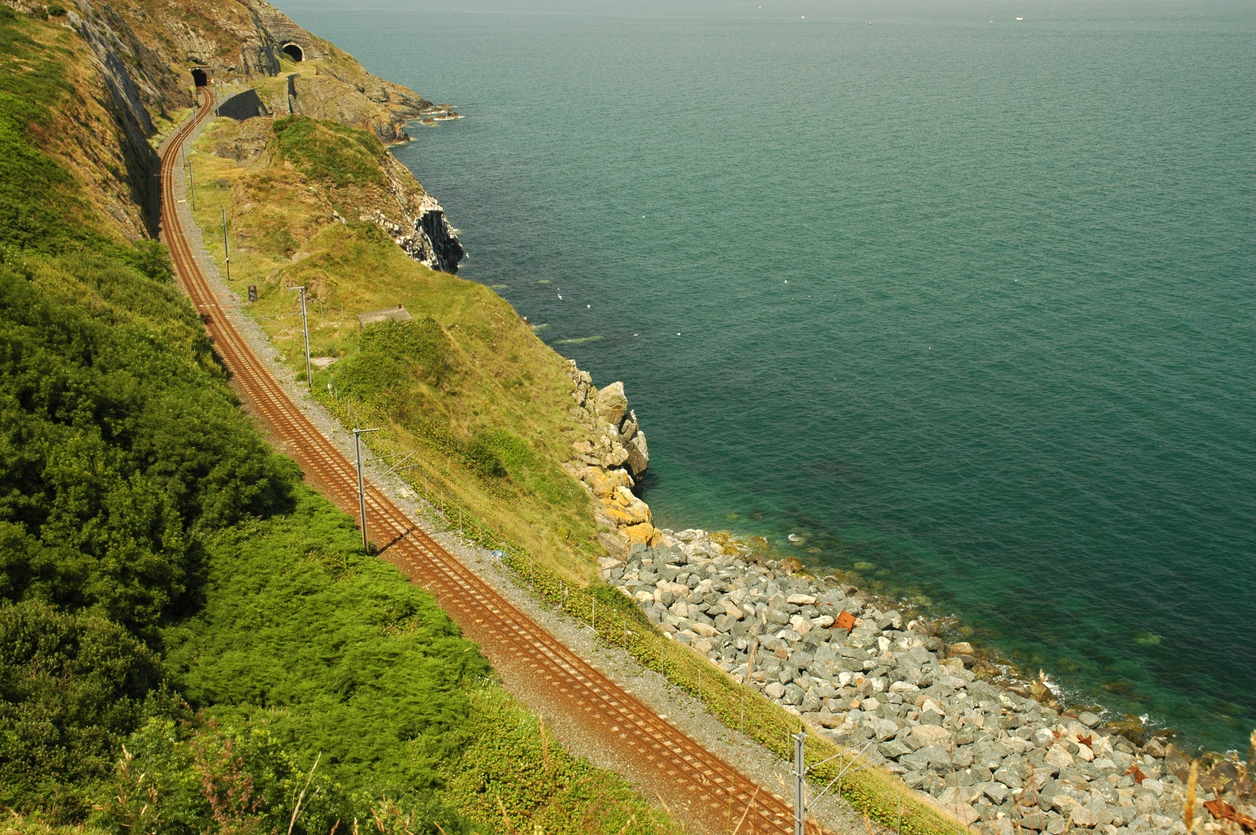GEOMETRIC: GEOphysics and Machine learning for Evaluating Transportation Infrastructure Condition

In Brief
- Challenge: Sustainable Communities Challenge
- Challenge Type: National Challenge Fund
- Status: Active
The Challenge
Infrastructure slopes, such as embankments, cuttings and dams, are an essential part of the transportation and flood defence networks. They require sustainable, cost-effective management, while maintaining an appropriate service level to meet social, economic and environmental needs. A considerable proportion of this infrastructure, particularly in the case of Irish and UK railways and flood defences, was poorly constructed over 100 years ago; regular and expensive maintenance is required. Recent effects of extreme weather have also highlighted the vulnerability of this infrastructure to climatic variations, with numerous failures and major disruption to critical international infrastructure. Climatic variations are projected to become more extreme, so developing and maintaining climate resilient infrastructure is an important goal for Ireland and one of the key objectives of the EU strategy on adaptation to climate change. Recent national and international reports have also highlighted the importance of developing appropriate mechanisms for identifying and monitoring vulnerable areas of the transportation network.
The Solution
The proposed solution lies in the application of a recent technological development involving Distributed Acoustic Sensing (DAS) of fibre optic cables that are currently installed along tracks across the Irish and UK rail network. This proposal aims to use this existing infrastructure as a continuous sensor. It will enable the condition of the infrastructure slopes essential to the tracks to be diagnosed and monitored over time. Current methods of data processing, analysis and interpretation are, however, inadequate for dealing with the large quantity of data generated using this approach, which could amount to terabytes of information every month. Through the integration of cutting-edge machine learning algorithms, our proposed solution offers a comprehensive approach that has the potential to revolutionise slope monitoring using fibre optics. This will then enable subsurface precursors to failure available to geotechnical asset managers, thereby removing a key barrier to preventative management and enabling targeted solutions to be applied to remediate problem slopes.
The Team
- Team Lead: Dr Shane Donohue, University College Dublin
- Team Co-Lead: Dr Soumyabrata Dev, University College Dublin
Societal Impact Champion
- Marie Fleming, Arup